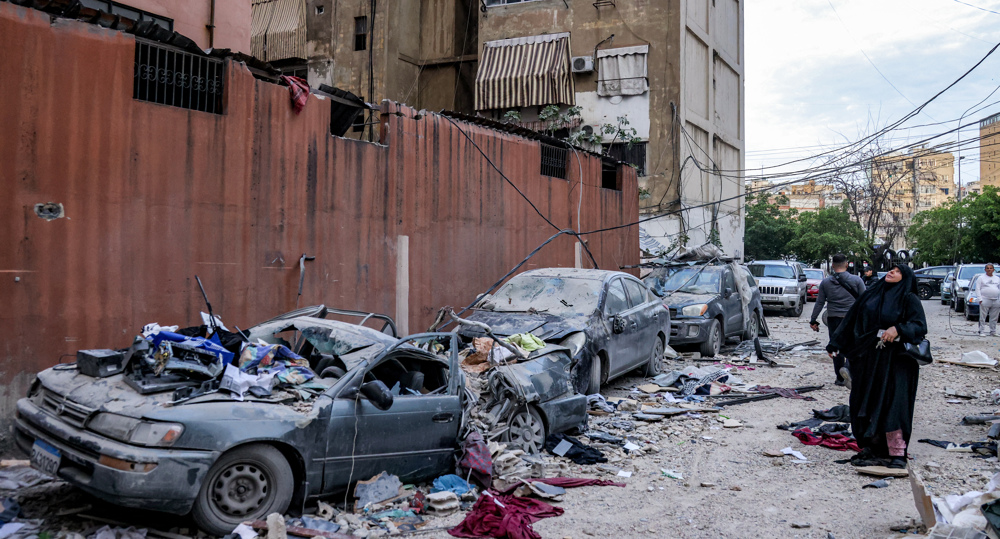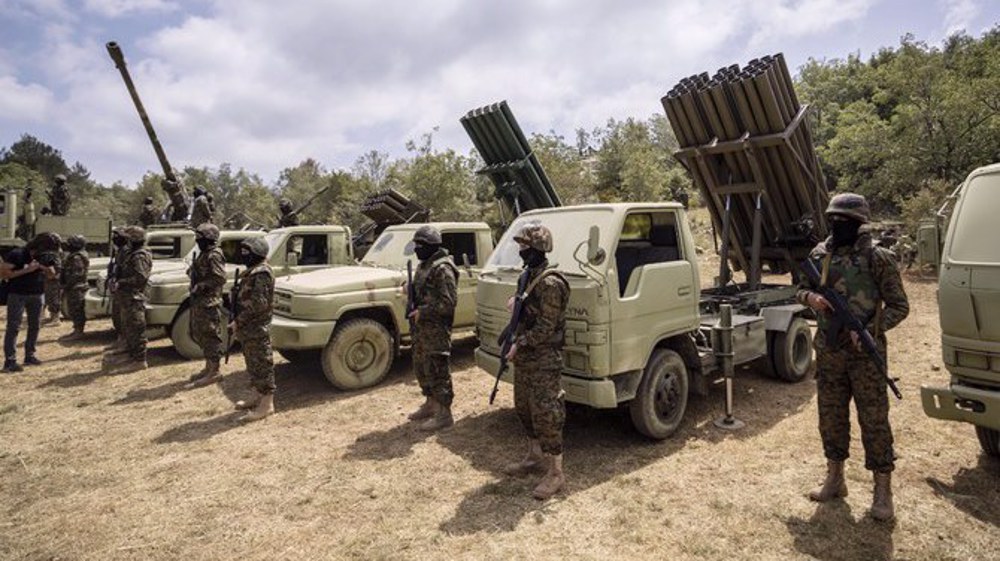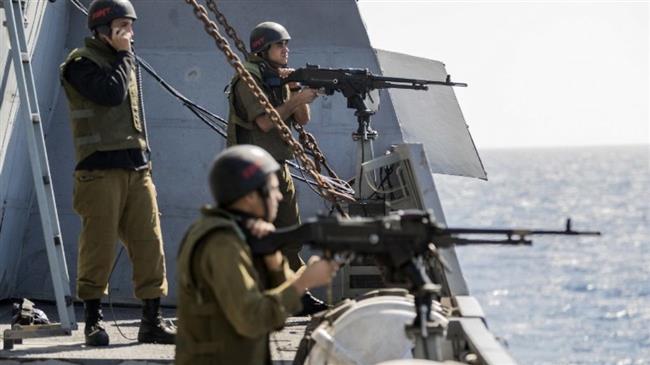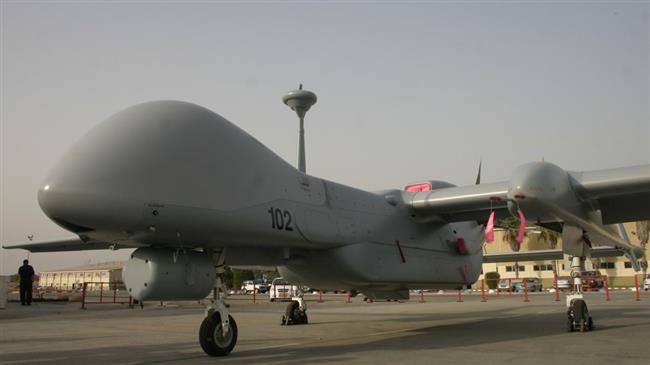Israel targets Lebanese fishermen on eve of maritime border talks
Israeli naval forces have reportedly transgressed upon Lebanon’s maritime border, opening fire on Lebanese fishermen on the eve of high-stakes maritime border talks between the occupying regime and Beirut.
On Tuesday, Lebanon’s official National News Agency carried a statement issued by the Army earlier in the day, which reported the maritime violation in the Ras al-Naqoura region in southern Lebanon.
According to the Army, the incident had seen an Israeli military boat advancing as far as 333 meters (0.20 miles) into the Lebanese territorial waters on Monday, before targeting the fishermen.
The Army said it was investigating the issue alongside UNIFIL, the United Nations-mandated force that has been deployed in Lebanon since the end of Israel’s 2006 war on the country.
The incident came while the two sides are to begin a set of UN-monitored talks on Wednesday that is expected to help outline the contours of Lebanon’s southern borders.
Lebanon and the occupying regime are technically at war, since the latter has kept the country’s Shebaa Farms under occupation since 1967.
Lebanon fought off two Israeli wars in 2000 and 2006. On both occasions, battleground contribution by its Hezbollah resistance movement proved an indispensable asset, forcing the Israeli military into a retreat.
The country eyes the issue of delineation of its southern border zone with great sensitivity both due to being wary of Israel’s expansionist attitude and given its plans to engage in oil and gas exploration in its share of the Mediterranean.
Lebanese officials have, time and again, asserted that the limited border talks do not signify “normalization” or “reconciliation” with the occupying regime. The assertion is aimed at distancing Beirut from a newfangled trend of normalization between some regional countries and Tel Aviv that the United States has been facilitating.
Earlier in October, Hezbollah’s parliamentary bloc emphasized that the pending talks with Tel Aviv had “absolutely nothing to do with either any reconciliation with the Zionist enemy... or policies of normalization recently adopted... by Arab states.”
“Defining the coordinates of national sovereignty is the responsibility of the Lebanese state,” it added.
Also on Tuesday, Lebanese President Michel Aoun sat down with the country’s caretaker defense minister Zeina Akar, Army chief Joseph Aoun, and the four-member negotiating team.
He said at the meeting that the upcoming talks were only “technical” in nature, and demanded that the negotiating team do its utmost to defend Lebanon’s rights during the talks.

US bans Arab states from supporting Lebanon, Syria reconstruction: Report

MP: Hezbollah weapons ‘internal matter’ amid US pressure to disarm

Lebanese students protest to show solidarity with Palestinians in Gaza
Israeli settler attacks, displacements increase in the occupied West Bank: OCHA
Protesters gather in Times Square demanding release of Mahmoud Khalil
Yale's decision to terminate Dr. Helyeh Doutaghi aimed to silence anti-genocide voices: Activists
Iran’s aluminum output down by nearly 5% in year to March
Missiles fired from Yemen triggers sirens in Israeli-occupied territories, closes airport
Iran condemns terror attack in southeast that killed 8 Pakistani nationals
Deir al-Balah massacre: Israeli airstrikes killed 6 brothers at once
Iran currency surges on positive news from Iran-US talks











 This makes it easy to access the Press TV website
This makes it easy to access the Press TV website